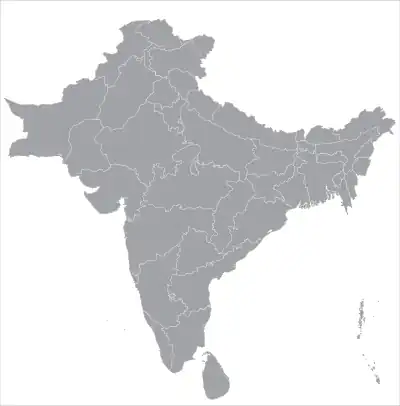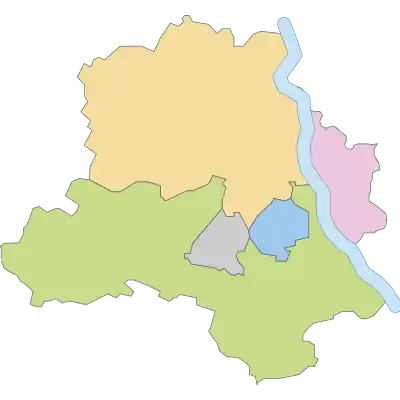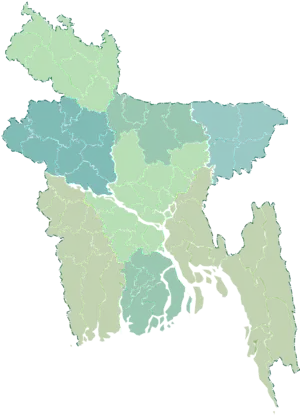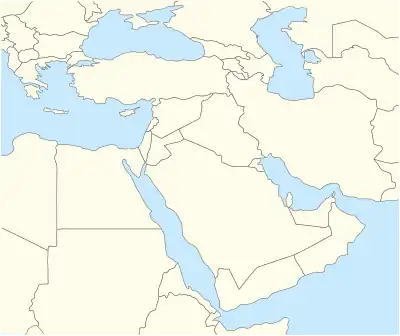بنگال
Persian
Alternative forms
- بنگاله (bangâle) (archaic)
Etymology
Said to be named after the Vanga Kingdom, of uncertain ultimate origin. Suggestions include a connection to Sanskrit वङ्ग (vaṅga, “tin”), a borrowing from the Dravidian tribe *Bong with the suffix അളം (aḷaṃ, “place”), or from Tibetan [script needed] (bans, “marshy place”).[1][2] More at Bengal.
Pronunciation
- (Classical Persian) IPA(key): /baŋˈɡɑːl/
- (Dari Persian) IPA(key): /baŋˈɡɑːl/
- (Iranian Persian) IPA(key): /bæŋˈɡɒːl/, /beŋˈɡɒːl/
- (Tajik) IPA(key): /baŋˈɡɔl/
Derived terms
- بنگالی (bangâli)
References
- Kumar, R. (2008). History Of The Chamar Dynasty : (From 6Th Century A.D. To 12Th Century A.D.). India: Kalpaz Publications, p. 103
- Rahman, Urmi (2014). Bangladesh – Culture Smart!: The Essential Guide to Customs & Culture. Kuperard. pp. 26–
Urdu
| Picture dictionary | |||||
|---|---|---|---|---|---|
|
Etymology
Borrowed from Classical Persian بنگال (bangāl), ultimately derived from Sanskrit वङ्ग (vaṅga), the name of the Vanga Kingdom.
Pronunciation
- (Standard Urdu) IPA(key): /bəŋ.ɡɑːl/
- (Deccani) IPA(key): /bəŋ.ɡɑːl/
Audio (PK) (file) - Rhymes: -ɑːl
- Hyphenation: بَن٘‧گال
Proper noun
بَن٘گال • (baṉgāl) m (Hindi spelling बंगाल)
- Bengal (a former province of the Indian Subcontinent, now divided into the modern-day West Bengal in India and Bangladesh)
Related terms
- بنگالی (baṅgālī, “Bengali”)
- مغربی بنگال (maġribī bangāl, “West Bengal”)
- بنگلہ دیش (baṅgla deś, “Bangladesh”)
This article is issued from Wiktionary. The text is licensed under Creative Commons - Attribution - Sharealike. Additional terms may apply for the media files.


.svg.png.webp)

